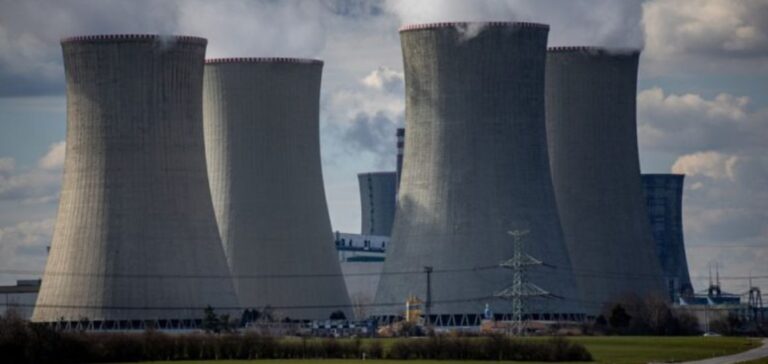Czech public utility ČEZ is leading the contract award process to build new nuclear units to renew the country’s fleet. After a thorough review, ČEZ forwarded its recommendations to the government on the bids from France’s EDF and South Korea’s KHNP.
A rigorous assessment
More than 180 experts meticulously analyzed the financial, commercial and technical aspects of the two bids, following the methodology recommended by the International Atomic Energy Agency. According to Tomáš Pleskač of ČEZ, all costs and risks have been quantified, with bids compared on the basis of price per MWh produced by each proposed reactor.
Latest-generation reactors
France’s EDF has proposed its EPR1200, a 3rd-generation pressurized water reactor derived from the EPR, two of which are currently under construction at Hinkley Point in the UK. South Korea’s KHNP is banking on the APR1000, an advanced Korean-designed reactor that entered commercial service in 2016. Both have forged partnerships with local Czech industry.
Towards a definitive choice
After reviewing ČEZ’s findings, the Czech government is expected to designate the winning bidder in July. The aim is to finalize contracts by March 2025, so that the first new nuclear unit can start up in 2036. Even if one manufacturer is recommended, ČEZ plans to relaunch negotiations with the second if the contractual terms deviate too far from the initial offer.
Indispensable public support
For this colossal nuclear project, Prague obtained the European green light in May for a crucial public aid package. They include a long-term purchase contract, a state loan for construction and guarantees against regulatory contingencies. A robust framework was required to secure a multi-billion euro investment.
Increasing the share of nuclear power
With the existing Dukovany and Temelín power plants, nuclear power already provides a third of Czech electricity production. The new project aims to increase this share to meet energy and climate challenges, thanks to ultra-safe and competitive reactors. Whether led by EDF or KHNP, this nuclear revival will consolidate local industrial skills, in line with the national strategy. It should also help the country reduce its greenhouse gas emissions.
The tender process demonstrates the rigorous selection of the future industrial and financial partner. Beyond the economic aspect, safety, technology transfer and energy sovereignty criteria weighed heavily in ČEZ’s final analysis. The government’s summer decision between the French and Koreans will be strategic for decades to come.






















